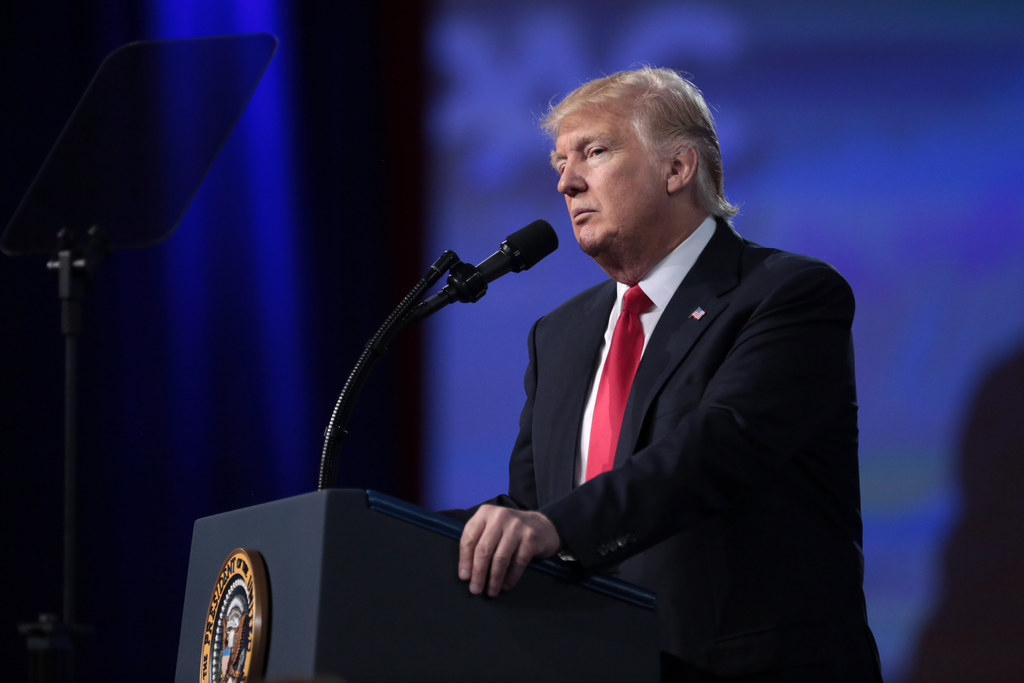
Gary Gensler, the chair of the U.S. Securities and Exchange Commission (SEC), is facing increased pressure as his position comes under threat with the approaching presidency of Donald Trump. In his latest remarks on November 14 at the Practicing Law Institute’s 56th Annual Institute on Securities Regulation, Gensler reiterated his commitment to enforcing crypto regulations, emphasizing the SEC’s focus on having parties “register and give proper disclosure to the public” for what he considers to be roughly 10,000 tokens that fall under securities law.
Gensler pointed to the SEC’s successes under his leadership, including the approval of Bitcoin exchange-traded funds (ETFs) and Bitcoin futures investment vehicles. However, he expressed concerns that some crypto firms were not adhering to “common-sense rules of the road” in the industry. Gensler’s stance underscores his belief that many crypto assets, aside from being vehicles for speculative investing and potential illicit activities, have not demonstrated sustainable use cases. He made it clear that the SEC’s role is to ensure compliance with the laws, particularly to prevent harm to investors in the largely unregulated space.
While Gensler’s term as SEC chair extends through June 2026, President-elect Trump has indicated that he intends to remove Gensler “on day one” if elected, signaling a potential shift in how the SEC approaches crypto regulation. Although experts have pointed out that Trump would need valid cause to remove Gensler from his position, the prospect of a new SEC chair could dramatically alter the direction of crypto enforcement in the United States. As of now, Gensler has not indicated any intention to resign, leaving the future of digital asset regulation in a state of uncertainty.
Since Trump’s reelection win on November 5, many in the crypto community have called on the president-elect to fulfill his promises to the industry. These promises include bringing crypto manufacturing to the U.S., commutating the sentence of Silk Road founder Ross Ulbricht, and halting the development of a central bank digital currency (CBDC). It remains unclear whether Trump has the legal authority to remove Gensler from the SEC, as any replacement would require Senate approval. Trump, however, has suggested that he might bypass Senate confirmation by making recess appointments for his cabinet and staff.
At the time of publication, Trump had not announced any potential replacement for Gensler, leaving the crypto industry to speculate about the direction of future regulation.
The Politics of Crypto Regulation
The battle over Gensler’s future in the SEC is not just a matter of personnel but reflects broader ideological divisions over how cryptocurrency should be regulated in the U.S. Gensler’s approach has been characterized by a stringent focus on compliance, investor protection, and minimizing the risks associated with digital assets. His policies, while often viewed as necessary to prevent market manipulation and fraud, have been criticized by crypto advocates who argue that they stifle innovation and create uncertainty for businesses and investors.
In contrast, Trump and many Republican lawmakers have pushed for a more business-friendly approach, one that prioritizes innovation and economic growth within the crypto space. They argue that overly burdensome regulations could drive the cryptocurrency industry offshore and stifle the U.S.’s competitive edge in the global digital economy. If Trump succeeds in replacing Gensler, the regulatory landscape for digital assets could shift significantly, with potential implications for everything from Bitcoin ETFs to decentralized finance (DeFi) platforms.
Should Gensler be replaced, the future of crypto regulation in the U.S. could become much more favorable to the industry. A new SEC chair aligned with Trump’s pro-business, pro-innovation policies could lead to a less restrictive environment for crypto firms, potentially clearing the path for greater mainstream adoption of digital assets. However, any changes would need to balance innovation with adequate oversight to protect investors and prevent illegal activities like money laundering or fraud.
| Issue | Detail |
|---|---|
| Gensler’s Position on Crypto | Focus on registration and disclosure for 10,000 tokens |
| SEC Approvals Under Gensler | Bitcoin ETFs and Bitcoin futures investment vehicles approved |
| Gensler’s Concerns | Investor harm, illicit activities, lack of proven use cases |
| Trump’s Promise | Plans to remove Gensler “on day one” if elected |
| Gensler’s Term | Ends June 2026, with potential for early removal |
| Trump’s Crypto Promises | U.S. Bitcoin production, Ulbricht commutation, halting CBDC |
| Impact of Potential Replacement | Potential shift to a more crypto-friendly regulatory stance |
The Need for Balance in Crypto Regulation
The ongoing debate surrounding the leadership of the SEC and the future of crypto regulation highlights the challenges of balancing innovation with oversight in a rapidly evolving industry. While it’s crucial to protect investors from fraud and market manipulation, overregulation can stifle the growth of an industry that has the potential to drive significant economic and technological advancements. The U.S. must find a regulatory framework that allows cryptocurrencies to flourish while ensuring that bad actors do not undermine the integrity of the market. Whether Gensler remains at the helm or a new SEC chair takes over, the path forward for crypto regulation in the U.S. will require thoughtful consideration of both the opportunities and risks that digital assets present.
Featured image credit: Gage Skidmore via Flickr
Follow us for more breaking news on DMR
